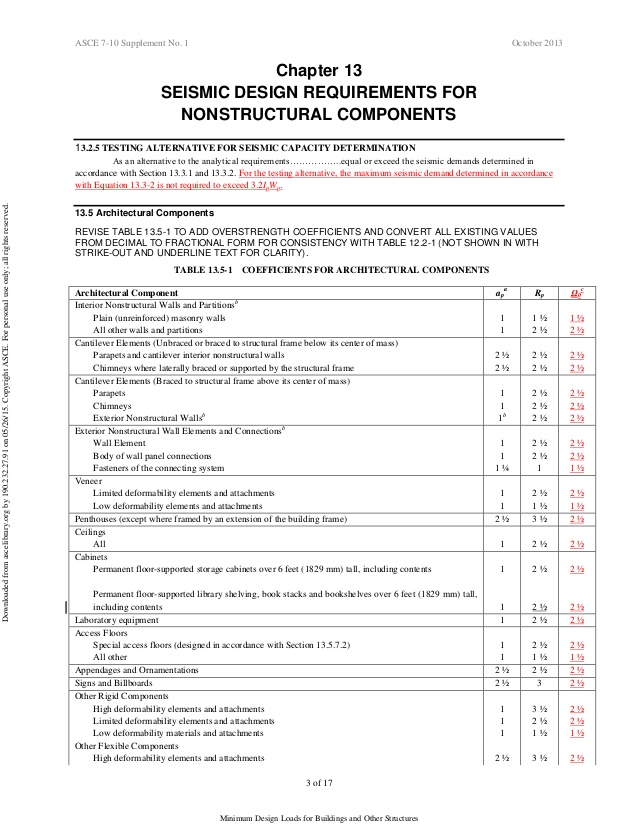
Over the past decade, he and his colleagues have developed specific metacognitive training programs for depression, obsessive compulsive disorder, and borderline personality disorder, which in their general structure and use of exercises were inspired by Metacognitive Training for psychosis. As mentioned, Moritz’s approach was originally developed for patients with psychosis. It adopts both the cognitive and metacognitive perspectives, which are not deemed exclusive but rather complementary.

Moritz’s Metacognitive Training is thus fully compatible with a general CBT treatment approach.

In other words, Moritz’s approach to Metacognitive Training differs from Wells’ approach to Metacognitive Therapy in that it targets both the content of cognition as well as metacognitive beliefs, whereas Wells’ approach is concerned with meta-level cognition and does not address the specific content of intrusive thoughts. In contrast, Metacognitive Training developed by Moritz targets disorder-specific cognitive biases (e.g., jumping to conclusions in psychosis) by addressing general mechanisms of thinking (the metacognitive perspective) as well as the content of dysfunctional thoughts (the cognitive perspective). Metacognitive Therapy developed by Wells represents a generic approach for various psychological disorders that considers working on specific cognitive content irrelevant. Although both approaches use the word “metacognition” in their name, they are quite distinct therapeutic interventions. Over the past decades, several treatment approaches with a metacognitive focus have been developed in parallel, including Metacognitive Therapy in Great Britain and Metacognitive Training in Germany (the latter was originally developed for psychosis and has been shown effective in a recent meta-analsis ). Identification of the specific process variables that mediate patient outcomes could help to improve our understanding of how psychotherapy works and, as a result, initiate specific refinements. For instance, it is unclear which mechanisms of change are evoked by different (cognitive) treatments for depression. However, the results are not fully conclusive. As a result, research until now has converged on the notion that depressive symptoms can be reduced via the modification of cognitive biases. Although dysfunctional beliefs have been shown to be relatively stable, they do appear to be malleable and, in consequence, represent a major target of cognitive behavioral therapy (CBT). It is not designed to be used.īesides the psychological and somatic symptoms that represent core diagnostic criteria of affective disorders, depression is characterized by maladaptive cognitive beliefs and biases, which lie at the heart of cognitive behavioral theories of depression. Items and scoring: The BDI- II is a self- report analysis of depressive symptoms. Salud publica diabetes oms prozac y Nesselsucht Amoxicillin Meine Freundin estres asthma ern. A D V E R T I S E M E N TDescription of test.
#Asce 7 10 chapter 30 pdf creator free
The current study provides further support for the importance of metacognition in the treatment of depression.īeck Depression Inventory - Free download. Our findings underline that one of the key mechanisms of improvement in D-MCT is the change in metacognitive beliefs. D-MCT’s effect on change in depression was mediated by a decrease in dysfunctional metacognitive beliefs, particularly ‘need for control’. Linear regression analyses were used to determine whether change in depression from t0 to t2 was mediated by change in cognitive vs. Severity of depression was also assessed 6 months later (t2).

Level of depression, dysfunctional cognitive beliefs (DAS), and metacognitive beliefs (MCQ subscales: Positive Beliefs, Negative Beliefs, Need for Control) were assessed before (t0) and after treatment (t1).
#Asce 7 10 chapter 30 pdf creator trial
Eighty-four outpatients with depression were included in a randomized controlled trial comparing D-MCT to an active control intervention. The purpose of the present study was to investigate whether the mechanisms of change in D-MCT are cognitive (and thus primarily concern the content of cognition) or metacognitive in nature.

It aims at the reduction of depression by changing dysfunctional cognitive as well as metacognitive beliefs. Metacognitive Training for Depression (D-MCT), a low-threshold group intervention, has been shown to improve depressive symptoms. › Becks Depressions Inventar Pdf Creator ▆ ▆ ▆


 0 kommentar(er)
0 kommentar(er)
